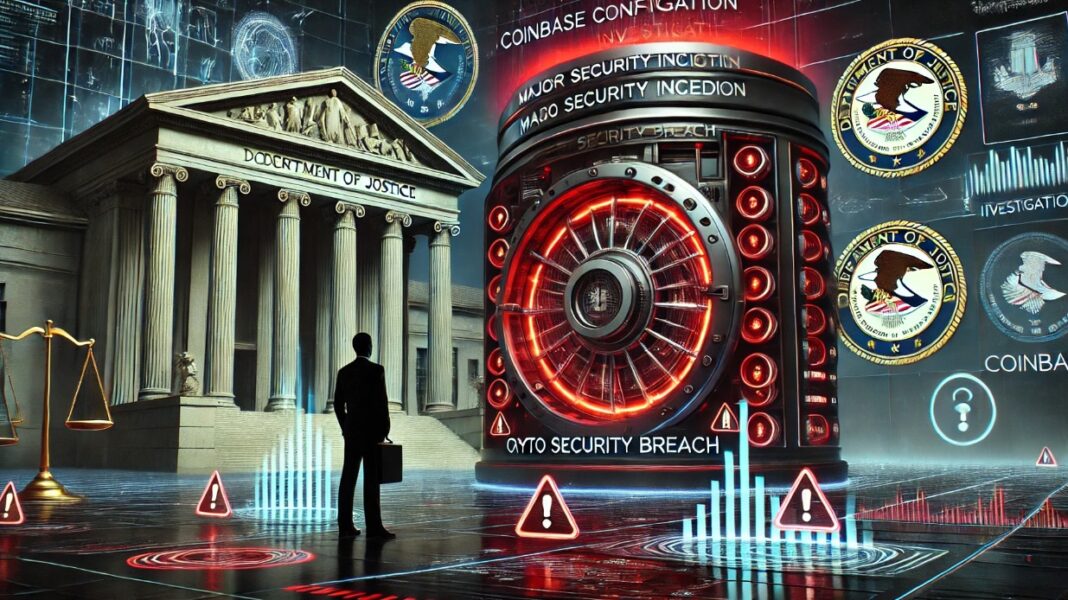Multiple jurisdictions all over the world offer adequate licensing options and risk protection for both startups and established businesses.
Obtaining a license for crypto activities is essential for reputability and trustworthiness. The main question is: how to choose the country that will fit your business structure and goals perfectly? Our article will answer it in as much detail as possible.
What key factors should businesses consider when selecting a jurisdiction for a crypto license in 2025?
If you want to secure a crypto license and ensure the longevity of your blockchain business, you must take certain preparatory steps. The things you have to consider first and foremost are:
- Regulatory clarity. Ensure that the licensing rules are well-defined and comprehensive to reduce possible international compliance risks.
- License type. Check whether the jurisdiction offers one or several license types (classes), and which one of them suits your business structure best.
- Costs. Consider the expenses associated with licensing your business. Think in advance of how you’re going to meet the share capital requirement and pay regular fees, if there are any.
- Taxation. Taxes are an unavoidable part of running a business, and you must check the corporate taxation regime of the jurisdiction you’re interested in, as well as whether there are any incentives for certain company types.
- Compliance requirements. Verify the AML/CFT, KYC, and regular reporting obligations in the jurisdiction of your choice to know what to get ready for.
- Banking infrastructure. Ensure that there won’t be any complications in obtaining a corporate bank account for your company.
- Political and economic stability. Build your business in a country suitable for long-term operations and confidence.
Paying attention to these factors will save you the hassle and help weigh all pros and cons before settling for a crypto license.
Which jurisdictions are currently considered the most popular for obtaining crypto licenses?
2025 is the year of drastic and unpredictable shifts in the crypto landscape worldwide. Therefore, the popularity of certain jurisdictions rises and falls depending on the current state of the market. If we are to distinguish the most popular crypto jurisdictions in 2025, it would be impossible not to name Argentina, which is in its prime as the destination for innovative blockchain ventures. The framework is immensely popular among entrepreneurs who want to gain a foothold in such a blooming and profitable market as Latin America. Despite this, Argentina is surprisingly cheap for registering a crypto business, just like El Salvador, a Bitcoin-forward jurisdiction with tax benefits.
Such frameworks as Dubai VARA are known for offering a clear regulatory path with multiple economic incentives. In Asia, we should not forget about Singapore, with its strong regulatory framework and a brilliant FinTech reputation globally.
Among the European countries, Lithuania and Estonia remain in demand, especially for crypto exchanges and wallet services. Estonia even offers an e-residency program for confident business-building with a higher level of trustworthiness.
What are the typical costs and timelines associated with acquiring a crypto license in different jurisdictions?
It is hard to predict an exact cost difference between crypto licenses in different countries, due to the various extra services associated with blockchain companies. Apart from the licensing fees, one must consider such expenses as share capital requirements, running audits and compliance checks, getting notary services, and, in some cases, traveling abroad. In Europe, Lithuania and Estonia remain among the cheapest countries for obtaining a VASP registration. Eastern jurisdictions, like Dubai VARA, Singapore, or Hong Kong, are known for significantly higher costs.
The case is not so different for the timeline: depending on the country, the full process, including company formation and licensing, can take anywhere between two weeks and three or more months. If you use the services of an experienced legal advisor, the timeframe can be significantly shortened.
How do regulatory frameworks for crypto businesses vary across different countries in 2025?
We can classify all crypto regulatory frameworks according to the three categories: strict, balanced, and lenient. Naturally, most startups are looking for lenient jurisdictions with fewer requirements and lower costs. Among them are El Salvador, the Seychelles, and Panama – the offshore jurisdictions with decent reputations and light regulatory demands. The strictest frameworks are normally found in the EU and the United Kingdom – there, strong compliance measures are required.
What are the potential risks and benefits of choosing a less regulated jurisdiction for a crypto license?
A less regulated jurisdiction for starting your crypto venture can be a tempting option, but you must consider all the pros and cons before making the decision. The benefits include faster licensing, lower costs, and fewer reporting and compliance burdens. At the same time, when registering with an offshore or less regulated (usually, these terms are interchangeable) jurisdiction, one might face such risks as reputational damage, limited access to banking services, and investor skepticism. An experienced regulatory advisor can help you mitigate these risks and save your face in the global marketplace.
How does a jurisdiction’s stance on AML (Anti-Money Laundering) and KYC (Know Your Customer) regulations impact crypto businesses?
Crypto regulatory jurisdictions can have high and low standards when it comes to AML/KYC compliance. If you register in a country with high standards, you can gain trust from banks and partners faster, but you risk facing higher operational costs. With low-standard jurisdictions, the compliance process is easier, but the risks can include blacklisting or restrictions from FATF and global banking institutions.
What role do taxation policies play in determining the attractiveness of a jurisdiction for crypto companies?
Naturally, countries with lower corporate taxation rates are more attractive to investors. Zero or low-tax jurisdictions like El Salvador are ideal for startups. Some countries exempt crypto from VAT or capital gains, which significantly reduces the overall taxation costs. Finally, it is crucial to check if the jurisdiction of your interest offers certain tax incentives exclusively for crypto businesses.
Are there any emerging jurisdictions that are becoming increasingly competitive for crypto licenses in 2025?
Definitely: several jurisdictions are still building their frameworks in regard to crypto, but are already standing strong in the global market. They include Argentina, Georgia, Costa Rica, El Salvador, Mauritius, and many others. Their popularity among crypto entrepreneurs is on the rise, and we are excited to see how their frameworks will evolve in the future.
What are some examples of crypto businesses that have successfully obtained licenses in specific jurisdictions, and why did they choose those locations?
Multiple reputable crypto companies operate under one or several strong frameworks, which allow them to offer services worldwide while sticking to the best practices in customer security and data protection. Some of the prominent examples include:
- Binance in Dubai: Licensed under VARA, chosen for regulatory clarity and international hub status.
- Revolut in Lithuania: EMI license enabling crypto and fiat operations across Europe.
- Crypto.com in Singapore and Dubai: Pursued global compliance through strategic jurisdictions.
- Bitpanda in Austria and Germany: Regulatory-first approach to build consumer trust.
If you want to repeat the success of these companies, start by trusting a reputable legal partner with your case.
Disclaimer: information contained herein is provided without considering your personal circumstances, therefore should not be construed as financial advice, investment recommendation or an offer of, or solicitation for, any transactions in cryptocurrencies.


